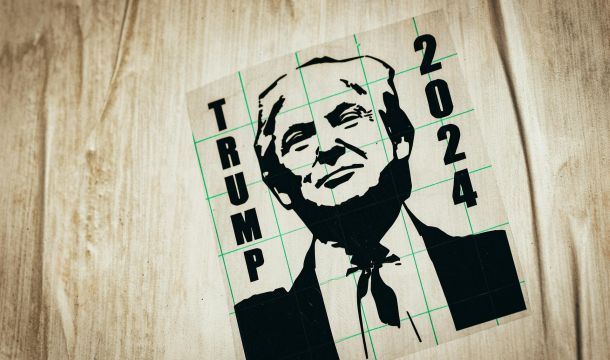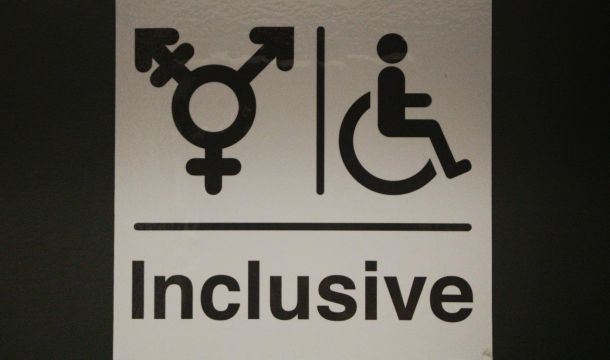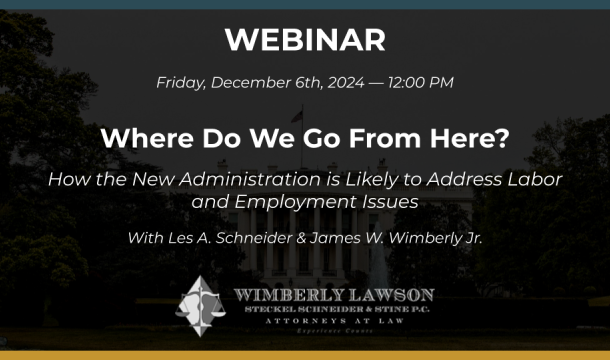DEI Concepts Becoming Even More Controversial
Many employers and other institutions are scaling back or modifying their DEI programs, a current example being the Society for Human Resources Management. It is now adopting the term "I&D" or Inclusion and Diversity and removing the "E" from its previous "IE&D" terminology.
In making the change, it announced that it wanted to emphasize inclusion first, addressing the current shortcomings of DE&I programs, which it says has led to societal backlash and increasing polarization.
The American Bar Association (ABA) is also proposing to change its Diversity, Equity, and Inclusion Standards for law schools, suggesting the striking of language that instructs schools to provide opportunities "for members of under-represented groups, particularly racial and ethnic minorities."
Instead, the ABA suggests broader language to encourage access for "all persons, including those disadvantaged on the basis of race, . . . and socioeconomic background." Another ABA option states that schools should take steps to provide access to " all persons, including those with identities that historically have been disadvantaged or excluded from the legal profession."
Many other institutions have revised their diversity initiatives, as companies like BestBuy and Johnson & Johnson are removing or downplaying DEI from corporate filings. Microsoft has reportedly disbanded its DEI team. John Deere announced that it will modify its DEI policies in favor of an equality-based workplace. Elon Musk has announced a new concept known as "MEI," short for merit, excellence, and intelligence. The idea is not to pick winners and losers based on the right or wrong race, gender, and so on.
Those more supportive of DEI policies say plans to diversify companies are sometimes articulated poorly or carried out in ways that appear to go beyond leveling the playing field, such as when businesses pledge to hire more people of one race. It is generally considered that targets amounting to quotas may inappropriately disqualify other applicants based on race or gender.
It is important to remember, however, that it is not the DEI programs per se that cause the problems, it is the inappropriate implementation of them. The problem has particularly been exacerbated in circumstances where a manager explains to a rejected White male candidate that he was not selected because of a DEI initiative. This statement is not only inflammatory but likely illegal.
This article is part of our September 2024 Newsletter.
View newsletter online
Download the newsletter as a PDF
Related Content
Get Email Updates
Immigration Issues – Are You Ready for the New Administration’s Changes in Enforcement?
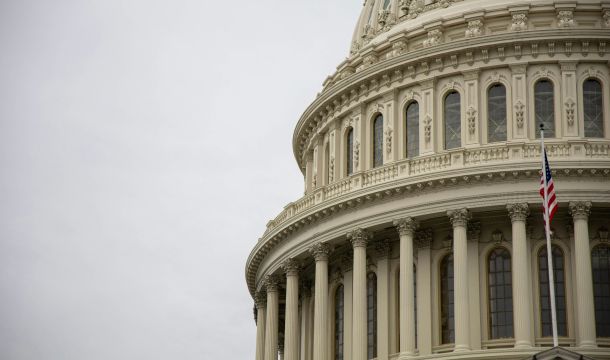
Senate Vote Allows Trump to Make Critical Changes at Labor Board

But What about the Selection of a Teamster-backed Secretary of Labor?
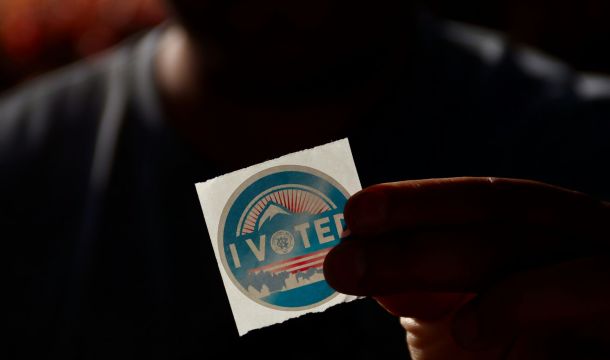
What a Difference an Election Makes!

But What about President-elect Trump’s Immigration Policies?
